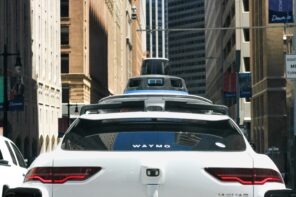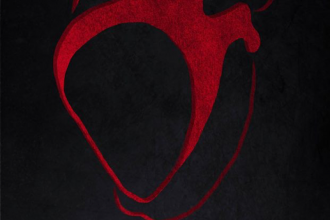Video game retailer GameStop has seen its stock soar over the past few weeks, spiking from a $19.95 close on January 12th to an astonishing peak of $480.00 on January 28th. How could any market cap multiply itself 20-times over within 16 days? The epic rally is wholly the result of a collective, yet disorganized movement of average investors on the Reddit community r/wallstreetbets. The page, functionally a feed of finance memes, began drawing attention to multiple massive short positions taken against GameStop Corp. primarily by Melvin Capital Management and Citron Research.
Shorting a stock is riskier than simply buying a stock since losses are quite variable and can be infinite
For anyone unfamiliar with shorting stocks, the process, which many traders see as “betting against the home team”, involves borrowing a stock from a broker with interest and immediately selling it at its current price. The person shorting the stock believes that its price will drop in the future at which point they would buy and return the stock to the broker; profiting off of the difference. Companies squeezed by excessive shorting lose access to capital that might prevent their bankruptcy and layoffs. Shorting a stock is riskier than simply buying a stock since losses are quite variable and can be infinite. A held stock may lose all its value, but a skyrocketing shorted stock allows brokers to demand even more collateral.
Memers, united through but a mere internet connection convinced themselves, along with friends and family, to pump the stock to the point where the hedge funds ultimately had to buy the GameStop stock back to avoid massive losses on their short positions, further inflating its price and bankrupting them. The bubble will ultimately burst, considering the retailer’s antique business model and shrinking market share, but Wall Street is terrified by the precedent. Jim Cramer, the renowned investing television personality and host of Mad Money, said “the mechanics of the market are breaking down”. As the members of r/wallstreetsbets set their sights on reviving the stock prices of AMC, BlackBerry and Nokia, trading services like Robinhood have controversially blocked retail traders from purchasing these stocks and GameStop’s, effectively forcing the stocks to crash as investors can now only choose to hold or sell.
The chaos created by the market manipulation has no end in sight. Alexandria Ocasio-Cortez, a member of the Committee on Financial Services, called Robinhood’s blocking of purchasing specific stocks “unacceptable”. CNBC’s David Faber says he is hearing that multiple hedge funds may need to be bailed out. On Fox Business, Scott Shellady proposed “[banning] social media from talking about buying short stocks”. Discord, a popular instant messaging software, seemed to agree; eliminating their r/wallstreetbets server. Omega Advisors hedge fund manager Leon Cooperman called the retail trading “a way of attacking wealthy people”.
All this drama is the latest in recent memory that continues to expose the disconnect between financial institutions and the actual economy. Despite ever-increasing productivity and wealth, wages have been stagnating since the mid-70s. The perpetrators of the Great Recession were bailed out while millions lost their homes. Aside from a dip last March, the stock market seems to endlessly rise, as they were able to shrug off a global pandemic that has thus far killed over two million people and left many more with debilitating lifelong effects, thanks in large part to government aid. Some didn’t even have to weather the March storm, like ex-Georgian senator Kelly Loeffler who sold at least $18 million worth of stock following a coronavirus intel briefing during February. In a year where food insecurity and unemployment rose across North America, 2020 saw a new man crowned the richest in the world: Elon Musk, a tycoon whose Tesla and SpaceX have yet to turn a profit.
This radical shift in a classical American institution further demonstrates the growing counter-culture and anti-establishment attitudes pervasive among young people
As conservatives and progressives alike distance themselves from their respective political establishments, seen in the Q-Anon cult of personality that still adores Trump while rejecting traditional Republicans or Leftists demoralized by Democrats’ failure to seriously address rampant inequality, it has become glaringly clear how deeply unstable so many of our institutions are. Individuals across the hyperpolarized political spectrum have banded together to support GameStop of all things, pitting commoners against the hedge fund managing elite. Though Occupy Wall Street failed, it seems that Infiltrate Wall Street has more or less succeeded. This radical shift in a classical American institution further demonstrates the growing counter-culture and anti-establishment attitudes pervasive among young people, mirroring protests for racial inequality and the environment, but also those of anti-vaxxers and anti-maskers. The GameStop Bubble is simply its newest symptom.
As humanity careens towards its own annihilation, Todd Phillip’s 2019 film Joker is eerily prescient of current strife. Inspired by the early works of Martin Scorcese like Taxi Driver and The King of Comedy, the picture captures so many of the sombre realities of modernity. An irrational, unjust, and dying world. The inescapable dread that contemporary systems will fail. A frenzied proletariat ready to explode. The profane absurdity of a single stock shooting up 1000% in two weeks likely won’t be the straw that breaks the camel’s back, but a society that has managed to glorify Gordan Gekko and Jordan Belfort eventually will.








